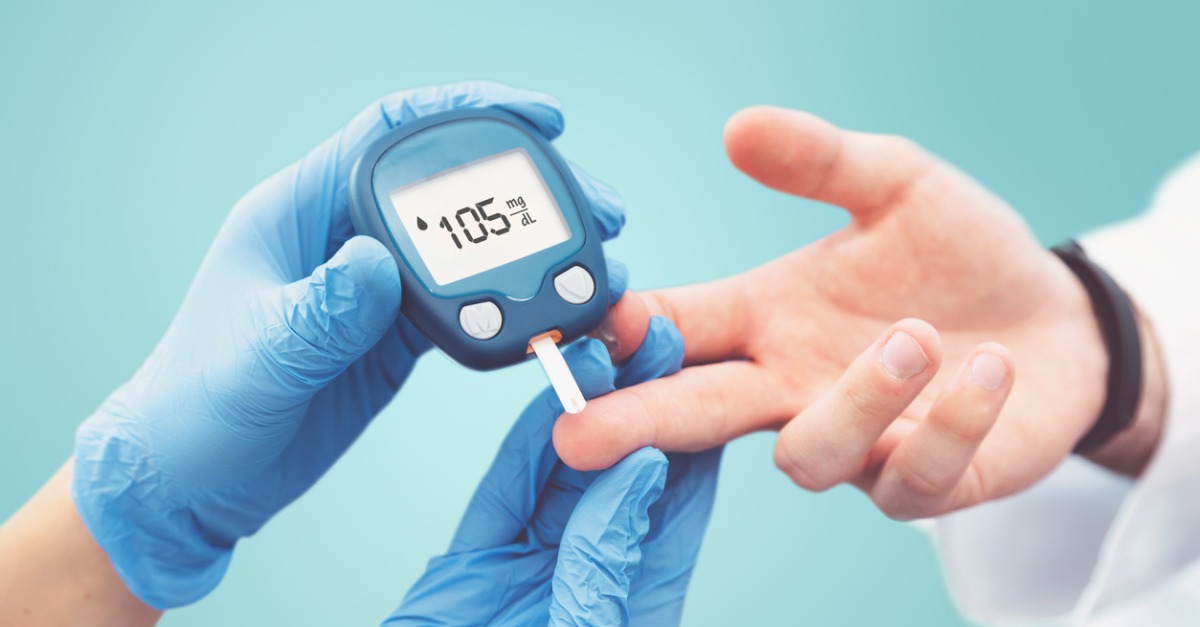Serving the Lowcountry and Coastal Empire of Georgia and South Carolina.
Monday, November 14, 2022

The symptoms of type 2 diabetes can develop slowly over time, and may be so mild that they often go undetected. For this reason, many experts recommend getting tested for diabetes by the age of 35, or even younger if certain risk factors are present. Here’s a closer look at what type 2 diabetes entails and how our providers screen for it.
According to the American Diabetes Association, type 2 is the most common form of diabetes. In this condition, there are two problems at play: first, cells become less responsive to insulin, a hormone that helps move sugar into the cells. The pancreas responds by producing even more insulin, but, as the condition progresses, insulin production can’t keep up with insulin resistance. As a result, blood sugar (glucose) levels become elevated. Levels that are only slightly elevated may be diagnosed as prediabetes, a condition that can be managed to prevent diabetes. Higher levels lead to a diagnosis of diabetes.
While some people who have type 2 diabetes may be able to control their blood sugar levels through lifestyle changes alone, others will need to take medication or insulin. Left unaddressed, high blood sugar levels can cause damage to other areas of the body, including the nervous, immune, and circulatory systems.
Some people may develop early symptoms of diabetes, which can include:
Should you develop any of these symptoms, your doctor may recommend testing for type 2 diabetes. But keep in mind that even these symptoms can be nonexistent or too mild to be noticed. Diabetes testing is therefore recommended for at-risk populations.
Regardless of why you’re being screened, our doctors can use a variety of tests to diagnose diabetes. The method will depend on whether or not you have symptoms, and whether you are pregnant. Diabetes tests can measure glucose levels either in your blood or urine. Common blood tests include:
Glucose can also be measured through a urine test, but results cannot confirm a diagnosis. If glucose levels are higher in urine than they should be, a blood test may be prescribed.
For diabetes testing or management, turn to SouthCoast Health. Our providers specialize in preventive care and helping patients manage chronic conditions. Find out more online or call 912-691-3600 to schedule an appointment.
Whether you are looking for a primary care doctor or a pediatrician, or another medical specialist, SouthCoast Health has you covered with its wide range of world-class healthcare services, available throughout the Coastal Empire and Lowcountry. SouthCoast Health has 120 physicians and medical professionals in 16 locations in Savannah, Richmond Hill, Pooler, Rincon, Baxley, Hilton Head, Hinesville, and Statesboro. SouthCoast Health offers comprehensive medical services including: Family Medicine, Internal Medicine, Pediatrics, Allergy and Asthma, Cardiology, Endocrinology, Eye Care, Imaging, Infectious Diseases, Nephrology, Neurology, Physical Therapy, Podiatry, Surgery, Clinical Trial Research Studies, Diabetic Self-Management Training Sessions, Dietetic Counseling, Laboratory Services, Massage Therapy, Optical Shop, Pharmacy, and Urgent Care.